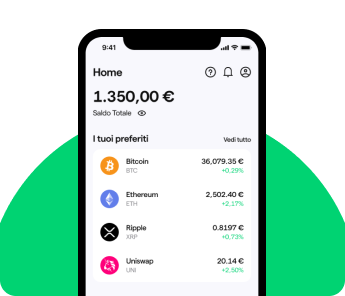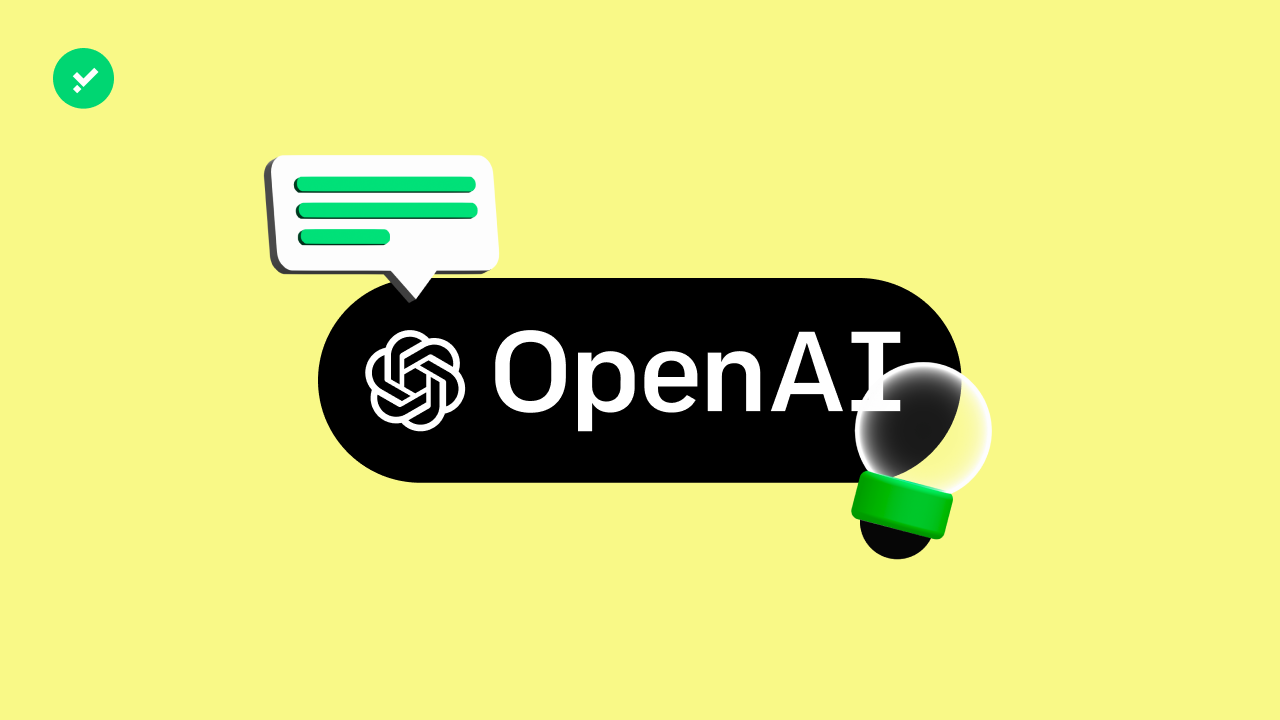What is ChatGPT? Discover the artificial intelligence of the moment that can answer complex questions and that writes poetry and computer programmes
A few days ago, ChatGPT was released, a new application based on the GPT-3 deep learning model developed by Open AI, a San Francisco-based company founded by Elon Musk in 2015. ChatGPT is a chatbot, or artificial intelligence designed to process any text: from an article like this one to a string of html code. All thanks to the almost infinite pool of resources it gathers from the web and consults in milliseconds, as well as its ability to understand human language.
Since its release, it has been the talk of the internet, with posts by programmers and copywriters who fear being replaced by AI, users trying to figure out whether ChatGPT is in any way sentient, and those who post screenshots of the absurd requests they have made of OpenAI’s chatbot.
Opinions on ChatGPT are mixed. There are those who are enthusiastic because they see artificial intelligence as a tool that will simplify everyday work. And those, probably influenced by the countless science fiction films that deal with the issue, fear a dystopian denouement of the situation.
How does ChatGPT work?
OpenAI’s artificial intelligence is one of the most advanced AI for natural language processing. This chatbot is designed to be ‘linguistically generic’. This means that it is able to generate texts similar to what a human being could write using a very wide range of content. Just ask and ChatGPT will answer you.
It can write fantastic short stories, lyrics for songs, social media posts and poems in the style of the greatest poets. It doesn’t matter what language you formulate questions or requests in, as it can also instantly translate texts. To give you an idea of what it can do, we asked it to write a poem dedicated to Bitcoin in the style of Dante. This was the result:
“There, the value is not determined
By bankers or the laws of the market,
But from faith and trust
That users have in their system.
And so I came to Bitcoin, a new currency
that reigns over the world’s markets
with unparalleled power and strength.
O Bitcoin, you who are the future in search,
guide our steps towards the light
and give us the wisdom we need’.
ChatGPT is also capable of writing lines of code using popular programming languages, and is therefore also an interesting tool for developers.
Although it is a complex tool, using it is very simple. You just log on to the site and sign up. Once the registration is complete, you can indulge yourself by asking the AI complicated questions, such as “explain to me how a quantum computer works”. Or you can use this artificial intelligence to write Python code for a simple game.
Can artificial intelligence create smart contracts?
Artificial intelligence can also be used within Web3 in different ways. For instance, AIs are used to create NFT collections of generative art. Or, as in the case of ChatGPT, to write smart contracts or find any vulnerabilities in them. To check whether a smart contract has weaknesses, you simply have to go back to the code that makes it up and ask the chat if it has weaknesses. Finding the text of the code of a smart contract that manages a function of a dapp for example is very easy, since practically all Web3 applications are open source, i.e. can be consulted by anyone.
Yes, you got that right! ChatGPT is also able to read and write in programming languages for the development of blockchain applications, such as Solidity, the programming language in which Ethereum is programmed, or Rust, that of Solana. If you don’t believe this, you can try it yourself, for instance by asking it to write a smart contract that generates an NFT.
The debate: does artificial intelligence belong to the people?
The potential of this technology has sparked a series of debates within Crypto Twitter. There has been discussion about the ability of artificial intelligence to detect vulnerabilities within codes, an ability that some users see as a threat. Once the weaknesses have been identified, thanks to ChatGPT, some malicious parties could attack the smart contracts of decentralised applications (dapp) and thus take possession of users’ money.
However, there are also those who have opposing views on the subject, such as the developers of Open AI. Their view on the issue is that artificial intelligence is not a threat. It will help benefit Web3 developers by enabling them to programme more secure smart contracts more quickly.
Finally, there are those who believe that such powerful and complex tools should not be handed over to the hands of individuals or companies, but should instead be directed by DAOs (decentralised autonomous organisations). This idea was given by one of the co-founders of Polygon, known on twitter by the handle sandeep.
DAOs exploit smart contracts for collective decision-making through voting where participants can cast their votes using the protocol’s cryptos. Entrusting artificial intelligence to DAOs could ensure a high degree of decentralisation, transparency and innovation while avoiding handing these powerful tools over to the hands of individuals or companies that might act to the detriment of the common good.
As is often the case when it comes to cutting-edge technology, there remain many more questions than answers. One certainty, however, is that ChatGPT is already an excellent tool that improves and speeds up the work of a large number of professionals. Moreover, being an artificial intelligence, it is also able to improve itself on a daily basis thanks to the feedback and questions posed to it by users. In short, it is potentially an unlimited resource of knowledge. And you, do you think that with AIs you can conquer the world? Or, will they conquer the world without us realising?



